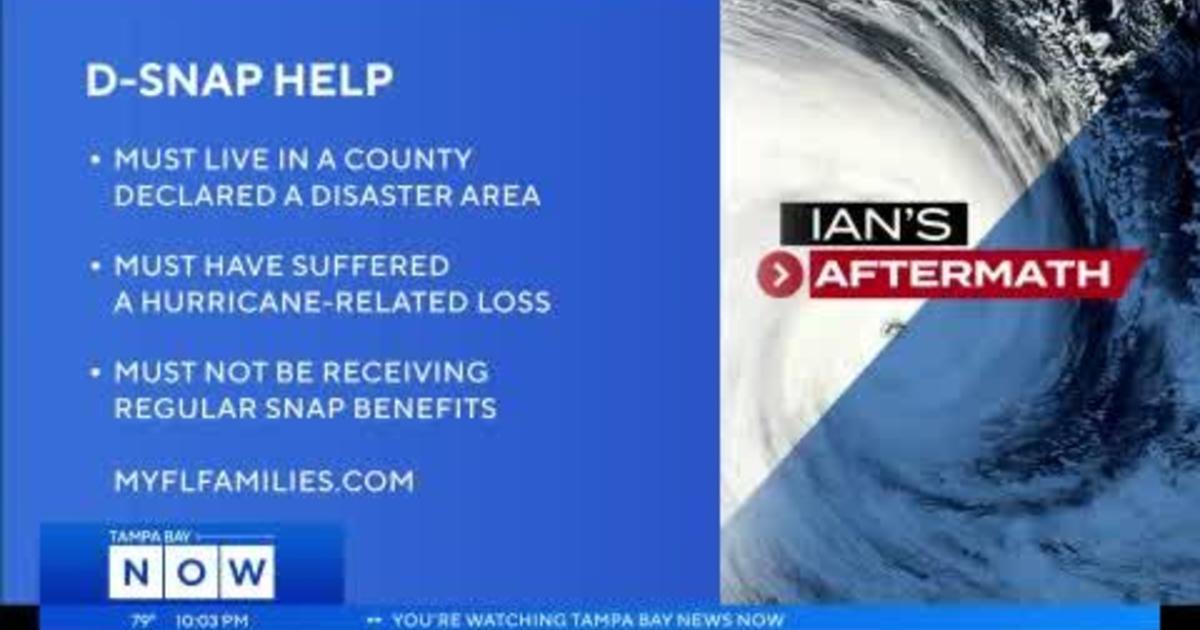By Mahlon Meyer
Northwest Asian Weekly
Margie Haywood had $64 in her bank account when she said to her husband, “I’m sorry, our life savings, it’s all gone.”
A small business owner who rented out work and event space with business solutions, she had been cheated by a partner, and now no one would lease her space for less than the first six to eight months’ rent, which was around $150,000.
“They hadn’t even checked my credit rating, all they knew was that I was a Black woman,” she told the Northwest Asian Weekly.
Then a blessing intervened.
With one day before the deadline, a friend texted her an application for a $10,000 grant given by Comcast to small businesses owned by people of color and women.
“The questions weren’t exhaustive,” she said. “There were a few technical ones about my business, but mostly I just told my story.”
When she, along with 99 other small business owners, was selected last year, it helped her rebuild her business.
Remedying social inequity in COVID losses
The grants are part of Comcast’s efforts to make a dent in the vast inequity in our society, particularly since COVID-19 decimated minority-owned businesses at a much higher rate than mainstream businesses.
From February to April of 2020, 41% of Black-owned businesses closed. For Latino-owned business, 32% shut down. While for Asian-owned businesses, 25% failed.
Yet the national average of small business closures was 21%.
As for women-owned businesses, the picture is equally dire. Nationally, 42% of businesses are owned by women with 1,800 new ones being formed every day.
But they are growing at only half the pace of male-owned businesses because they can’t get access to the same capital and resources.
At a news conference last month held jointly by Comcast, the cities of Seattle and Tacoma, and other civic and business organizations, Seattle Mayor Bruce Harrell said the grants would help to alleviate the increasing social inequities in a region that is “resource rich.”
Speaking at Work and Play Lounge, the business reestablished by Haywood, Harrell said, “Decision makers like Comcast are giving back.”
Comcast Vice President of External Affairs Marianne Bichsel said, “Although we are based in Philadelphia, we are committed to helping women and people of color in the Seattle-Tacoma area…We encourage small businesses to apply.”
After Margie, who spoke later, gave a summary of her story, she broke down in tears and hugged Bichsel (Margie prefers to be referred to by her first name).
And yet there are more than cash grants.
Comcast is supplying grants, marketing services, and technical upgrades. Cash grants of $10,000 will be given to 100 local businesses, totaling a contribution of $1 million.
Different types of grants
Ian Story, a retailer of artistically designed men’s wear, was decimated by COVID-19 when his main distributor shut down.
“Everyone shut down,” he said.
Like Margie, Story’s business represented a major risk to all he owned, his family, and was undertaken after a somewhat desperate but determined and calculated decision to cast out on his own.
After 35 years in the retail business, his company asked him to re-merchandise its products—come up with a new design and branding.
Story had been observing customer needs and likes for decades.
But when he presented his concept, which involved fun, summer-themed graphic designs superimposed on t-shirts, swim trunks, and more formal men’s wear, others in the company held back.
His designs included flamingoes, ice-cream sandwiches, palm trees, pineapples, magnolia leaves and other motifs printed on clothing.
“But my vision did not sync up with others of the company, so we parted ways,” he said in an interview.
At first, he sought a partner, but finally decided to go it alone. So he financed it entirely with his own savings, found a graphic designer, and created his first line that he subsequently took to a trade show in Las Vegas.
He called it Public Art Apparel.
“There was some response, it was small, but it was a beginning,” he said.
From there, over the next six years, he developed relationships with specialty shops around the nation. His business, in an extremely competitive market like Seattle’s, had barely reached sustainability.
Then COVID hit.
Story initially applied for a cash grant but was not among the final 100 selected by Comcast last year. However, he instead received a grant from the company for marketing assistance.
A representative walked him through the process of creating a TV commercial for his company.
Comcast then provided $6,000 for buying airtime between November and January.
A company expert coached him on preparing slides and voice overs for the ad.
“It was awesome,” he said.
After disaster, easy to apply
Margie had also taken a bold, life-changing step when she decided to start her own business.
Coming from a very difficult background of poverty and seeing the disparate impact of the criminal justice system, she had decided to become an advocate and a social worker.
But in 2015, two of her children were stricken by a serious accident. And, while in the hospital, watching them recover, she realized she wanted to pursue a dream. She closed her computer and started planning.
By 2018, she was putting on social events where different groups of city dwellers came together for what she called “instant community.”
At one event, community members came to a themed gathering called “the Roaring Twenties,” where they dressed up in period costumes and danced and watched “the Great Gatsby.”
Children were invited, too, and also encouraged to dress up.
“We never targeted any one community,” she said.
Another event, called “Mingle by the Sea,” was held at the Seattle Aquarium.
“We had people coming on date nights, people proposing,” she said.
She also started a space where people could come and work on business projects while receiving support in both technical and emotional ways.
The design, unlike coffee shops, was meant to encourage community, warmth, and empowerment.
Users can book space in advance, so they have seating. They make their own espressos in any manner they want using any of the multiple ingredients available. There is healthy food and comfort food. The space is warmer than coffee shops, which are intentionally cold to keep customers from staying long, said Haywood. Besides, there is conference space, podcast space and equipment, and even technical and consulting services on site.
“We welcome you by name,” she said.
But in 2019, Margie had signed a lease with a woman who used a legal maneuver to make Margie responsible for her debts.
By the time Margie was able to halt the proceedings, and a judge had ruled in her favor, nine months had passed, and she was drained of resources.
“She put me through every hoop possible, she weaponized the legal process,” said Margie.
In the end, Margie had to sell off much of her furniture from the space. The rest—because they could not afford storage—was carefully wrapped by her husband and put in a hand-made storage shed he built on the backyard with the help of a friend.
Today, as you walk into Work Play Lounge, you can see it along the walls and in the private and public spaces—lush purple couches, long, inviting tables, and office equipment.
On the day a reporter visited, there were fresh bagels set out on a counter.
Margie gives the following advice for those who are considering applying for a grant but might be hesitating:
“Tell your story, tell the truth about your journey, that’s what is going to help you get the grant.”
The grant, she said, “gives me a fighting chance to increase my marketing efforts.
Who can apply
The criteria for applying for a Comcast grant include:
- A business must be owned by a person who identifies as either a person of color or a woman.
- A business must have under 25 full-time and part-time employees.
- A business must have been in operation for at least three years.
- A business address must be in the City of Seattle or Tacoma.
The applications are open now and due no later than Oct. 16.
“We don’t want people to wait,” said Dave Mandapat, director of marketing for Comcast, in an interview. “People need the money now.”
Results will be announced before the end of the year.
To apply, go to comcastrise.com.
Mahlon can be reached at info@nwasianweekly.com.
















/cdn.vox-cdn.com/uploads/chorus_asset/file/25784221/247333_EOY_Package_Check_In_CVirginia_PRIME.jpg)



Discussion about this post